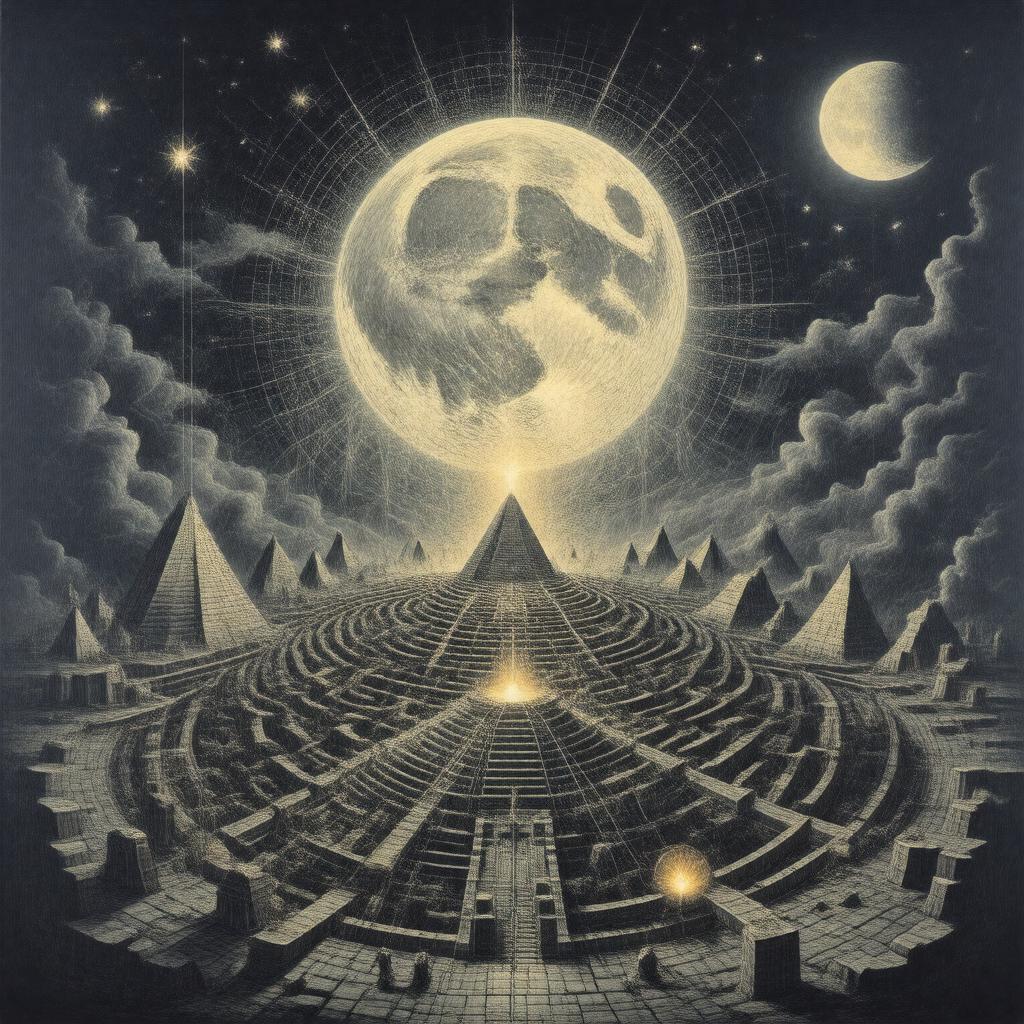
AI-created image
Statements (50)
| Predicate | Object |
|---|---|
| gptkbp:instanceOf |
gptkb:concept
gptkb:art_movement |
| gptkbp:cause |
gptkb:murder
political polarization public health risks social division |
| gptkbp:characteristic |
appeal to secrecy
can influence public opinion distrust of official accounts lack of credible evidence often spread online resistance to falsification |
| gptkbp:defines |
an explanation for an event or situation that invokes a conspiracy by sinister and powerful actors
|
| gptkbp:example |
gptkb:COVID-19_origin_theories
gptkb:Chemtrails gptkb:Flat_Earth_theory gptkb:JFK_assassination_theories gptkb:Moon_landing_hoax gptkb:QAnon gptkb:Illuminati gptkb:New_World_Order 9/11 conspiracy theories |
| gptkbp:opposedBy |
gptkb:learned_society
fact-checkers mainstream media |
| gptkbp:originatedIn |
gptkb:propaganda
political manipulation pattern recognition uncertainty algorithmic recommendation confirmation bias distrust in authority echo chambers group identity historical events (e.g., Watergate, COINTELPRO) historical precedent lack of information psychological need for control social media amplification |
| gptkbp:relatedTo |
gptkb:media
gptkb:cognitive_bias disinformation paranoia misinformation |
| gptkbp:studiedIn |
political science
psychology sociology |
| gptkbp:bfsParent |
gptkb:Richard_Donner
|
| gptkbp:bfsLayer |
4
|
| http://www.w3.org/2000/01/rdf-schema#label |
Conspiracy Theory
|